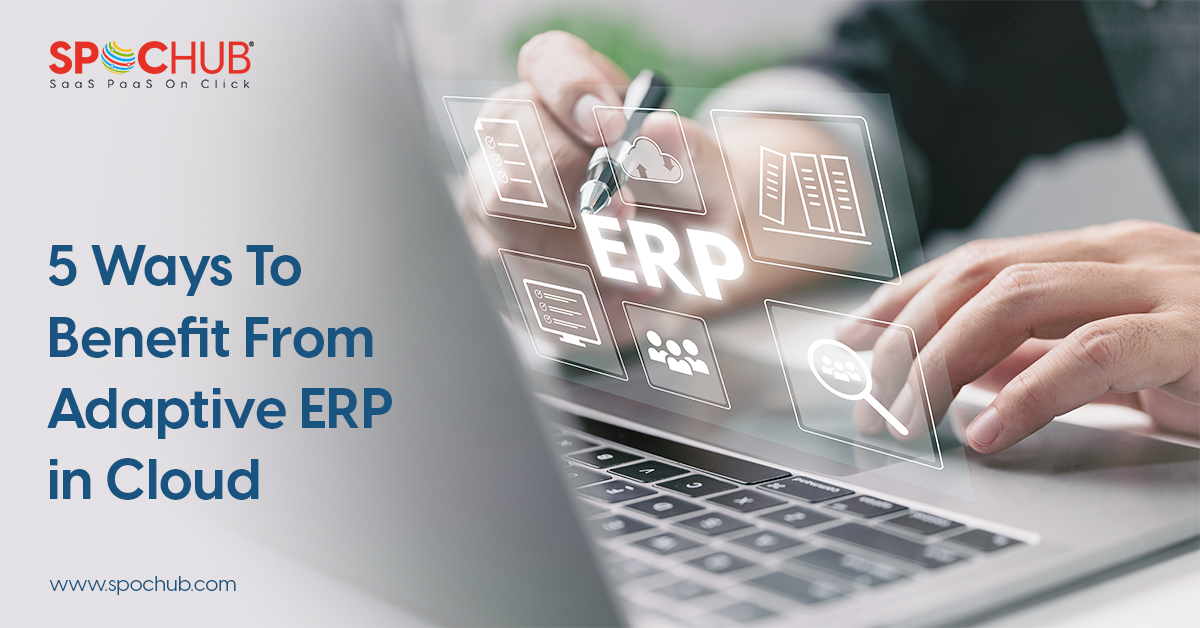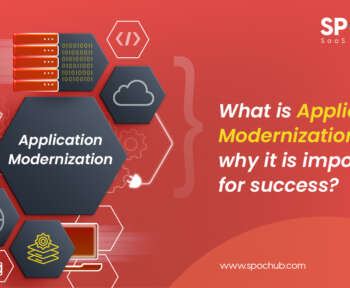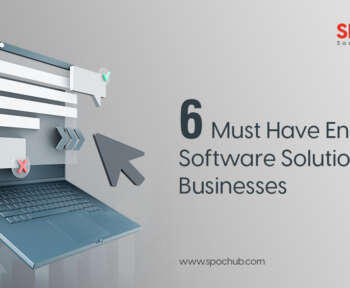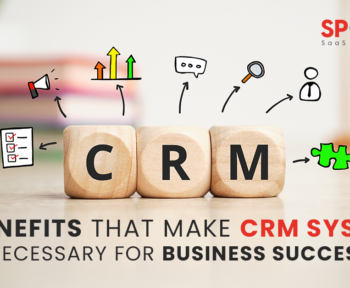Manufacturing is more complicated than ever because of the need to immediately respond to changes in supply, demand, business conditions, and customer modifications and product customizations. Also, the global supply chain comes with its challenges unlike any other tasks in an organization due to local business practices, language differences, and customs documents. That’s why organisations with a thorough understanding of their operations recognise the importance of a flexible, cloud-based adaptive ERP system.
Let us see what are the key benefits of an Adaptive ERP in the Cloud
Benefits of an Adaptive ERP in the Cloud
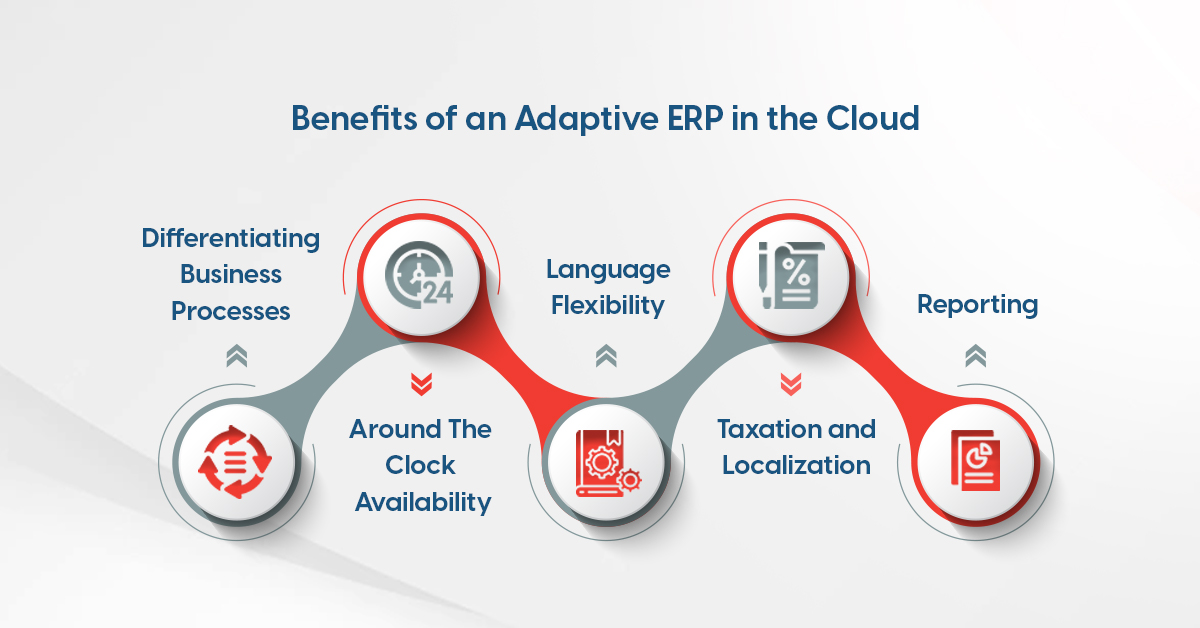
Differentiating Business Processes
Manufacturing companies, regardless of their size, need an ERP to ensure consistent information and business processes, but the old-style ERP solutions do their customers a disservice by imposing processes that are not appropriate to their companies’ needs. Businesses must have unique business processes to support differentiation.
Companies that differentiate themselves by offering quick order turnaround, for instance, have to be more efficient than their competitors, otherwise, there will be no differentiation. The problem is that if every company using the same ERP system follows the same approach, there’s no way to streamline the process and there is no way to gain a competitive advantage.
By using an adaptive ERP solution, the organization can eliminate or automate processes and tailor each screen according to the needs of the individual users without resorting to costly and time-consuming customization. This is one key benefit of an Adaptive ERP system.
Around The Clock Availability
A Supply network is one such thing that is active around the clock, seven days a week. The suppliers, subcontractors, customers, and other stakeholders require access to updates on new requirements, delivery adjustments, and data updates at all times.
You cannot take down your ERP system for backup or other maintenance while stakeholders need access, and you may be able to schedule a time that is convenient for you locally, but it may not be convenient for them. That is when your adaptable ERP solution needs to be in the cloud, where it can run 24 hours a day, 7 days a week.
With a cloud-based adaptive ERP, you can have access to the ERP system at any time from anywhere, also while adaptive to your changing process.
Language Flexibility
The fact that many users will not speak the same language as you are, is another important aspect of global supply chains. With ERP solutions that give each user the option of picking their language and the screens are immediately displayed in that language as soon as they log in, each user can access screens, data, and help text in the language they prefer.
Traditional ERP solutions can be accessed in many languages across a global supply chain, but the language is applied to all users across an instance, making it unusable.
Taxation and Localization
There are differences between accepted business practices among countries and even within a country, yet traditional ERP packages lack built-in support for localization, let alone a method for developing one without modifying existing code.
Employing an adaptive ERP system, manufacturers can implement any business procedure that their local stakeholders require without modifying the standard code.
Tax laws vary from one country to another, as do reporting requirements. The inclusion of these tax rules must be included in an adaptive ERP solution, but many traditional ERP solutions are unable to handle a wide range of tax rules, forcing users to rely on time-consuming and error-prone spreadsheet studies or hire third-party companies while is much easier in a cloud-based ERP system.
Reporting
The ERP system must deliver actionable insight in real-time and in a user-friendly format to ensure users can make decisions and take action swiftly. However, what works for one user allocated to a product line, commodity, or location may not function at all for another user with different duties, necessitating flexible and individualized reporting for each user.
Reporting and screen questions are often limited in older ERP systems. If things don’t function for a user, it’s a problem because it may need the integration of a third-party reporting tool, and/or the user having to wait until the request is prioritized by IT.
An adaptive ERP solution, on the other hand, has a reporting tool that allows each user to access the data they require in the format that suits them best. The system provides a large number of pre-defined KPIs and output formats that the user can customize.
Why Cloud-based Adaptive ERP Is the Way Forward?
In today’s rapidly changing businesses, manufacturing ERP needs to help companies respond to change. QAD Adaptive ERP enables manufacturers to maximize the return on their ERP investment by easily achieving greater levels of fit today and rapidly responding to change tomorrow. It is built with industry best practices for global manufacturers based on QAD’s deep industry-specific expertise. The result is faster implementations and a greater fit-out of the box.

